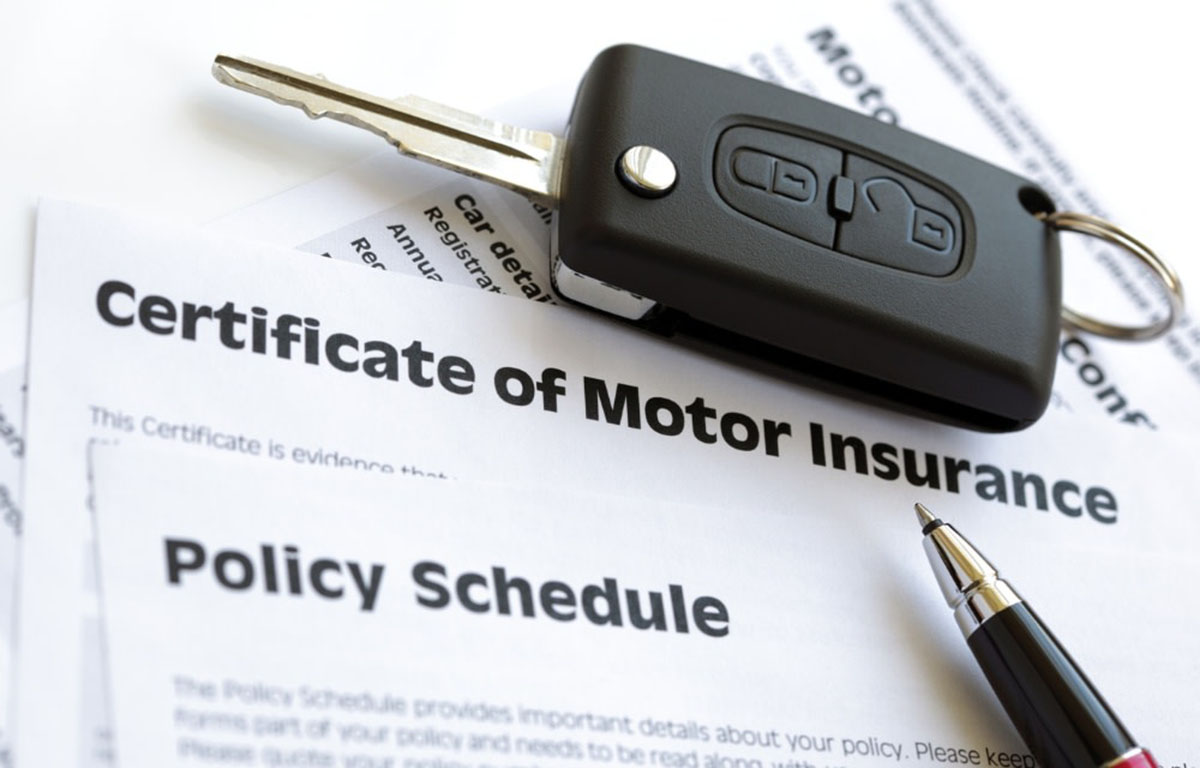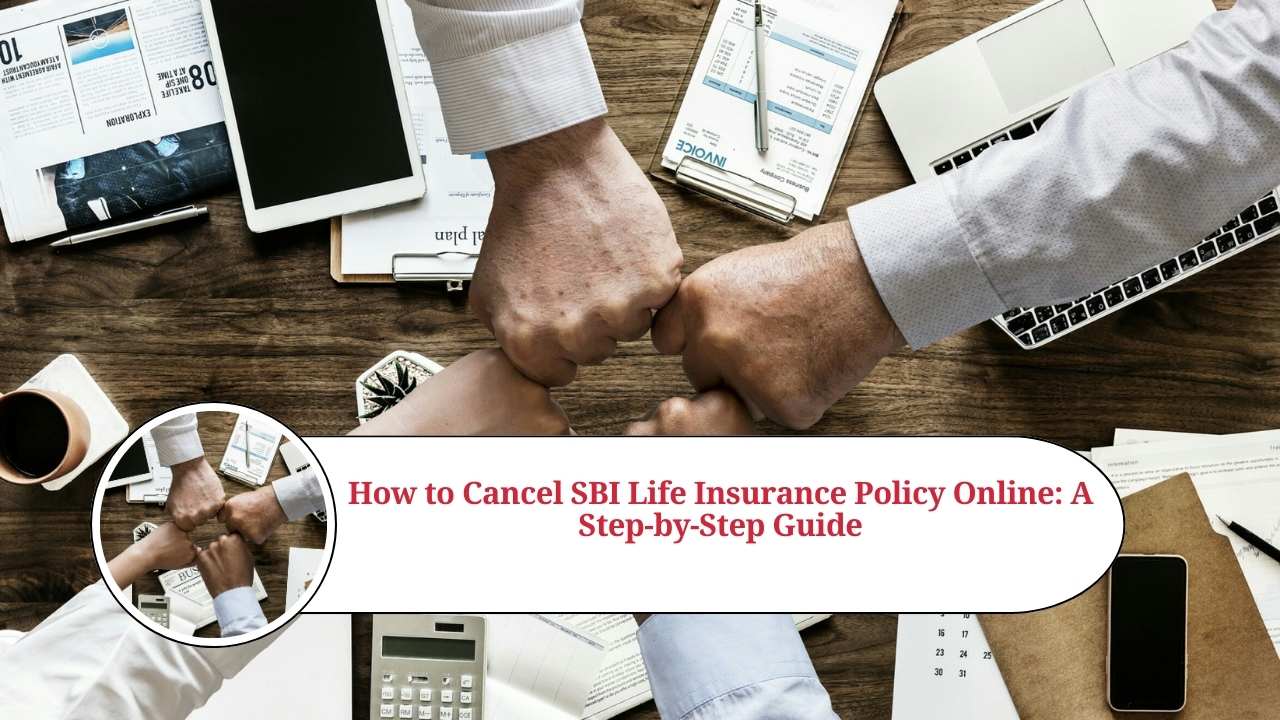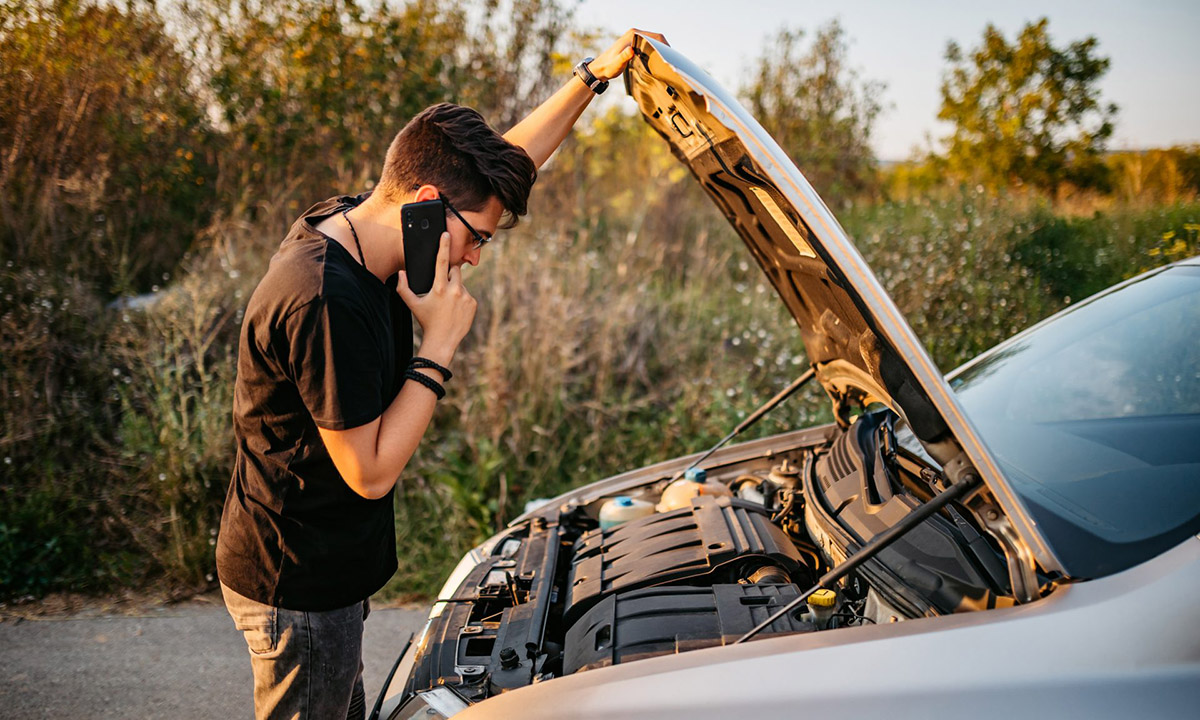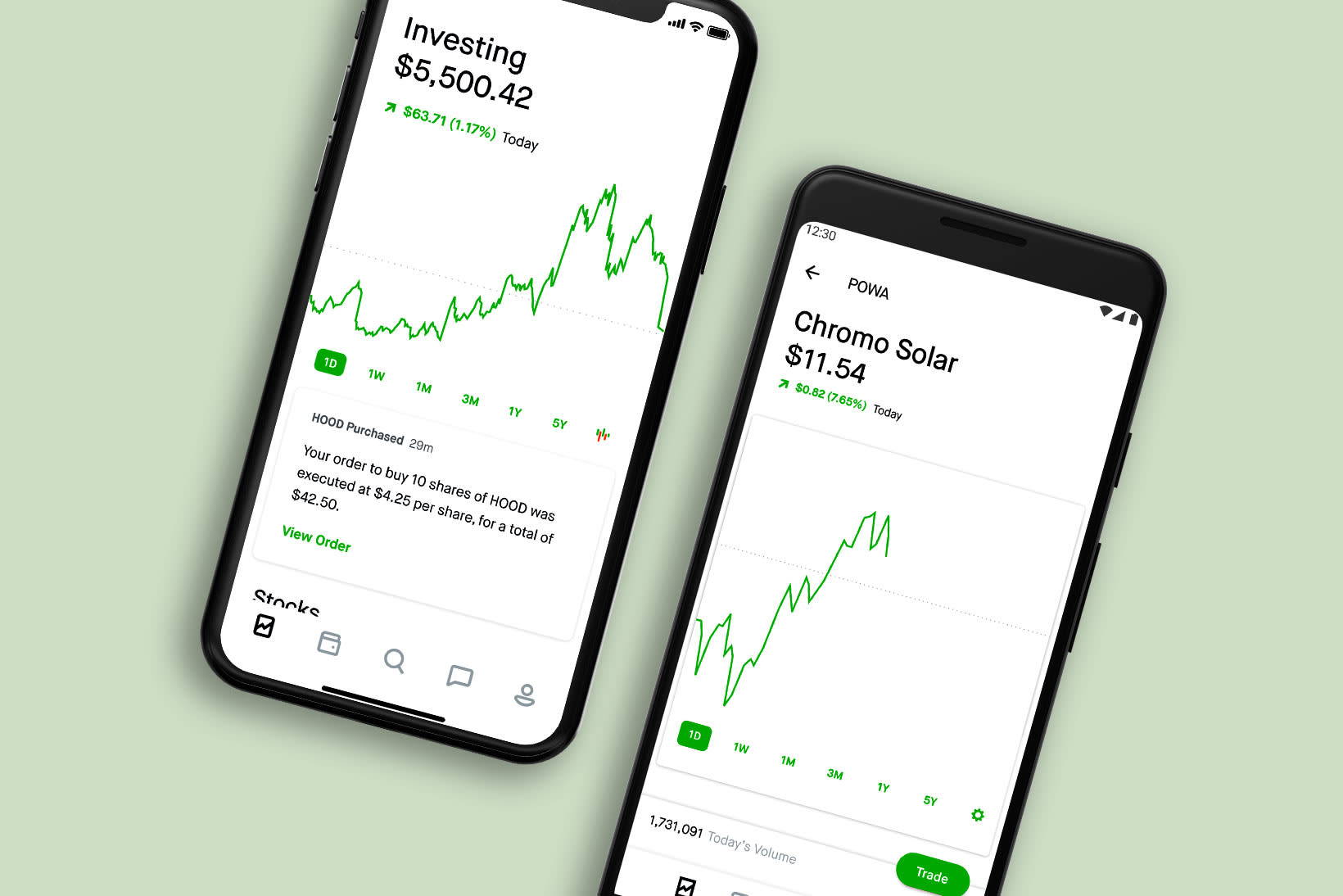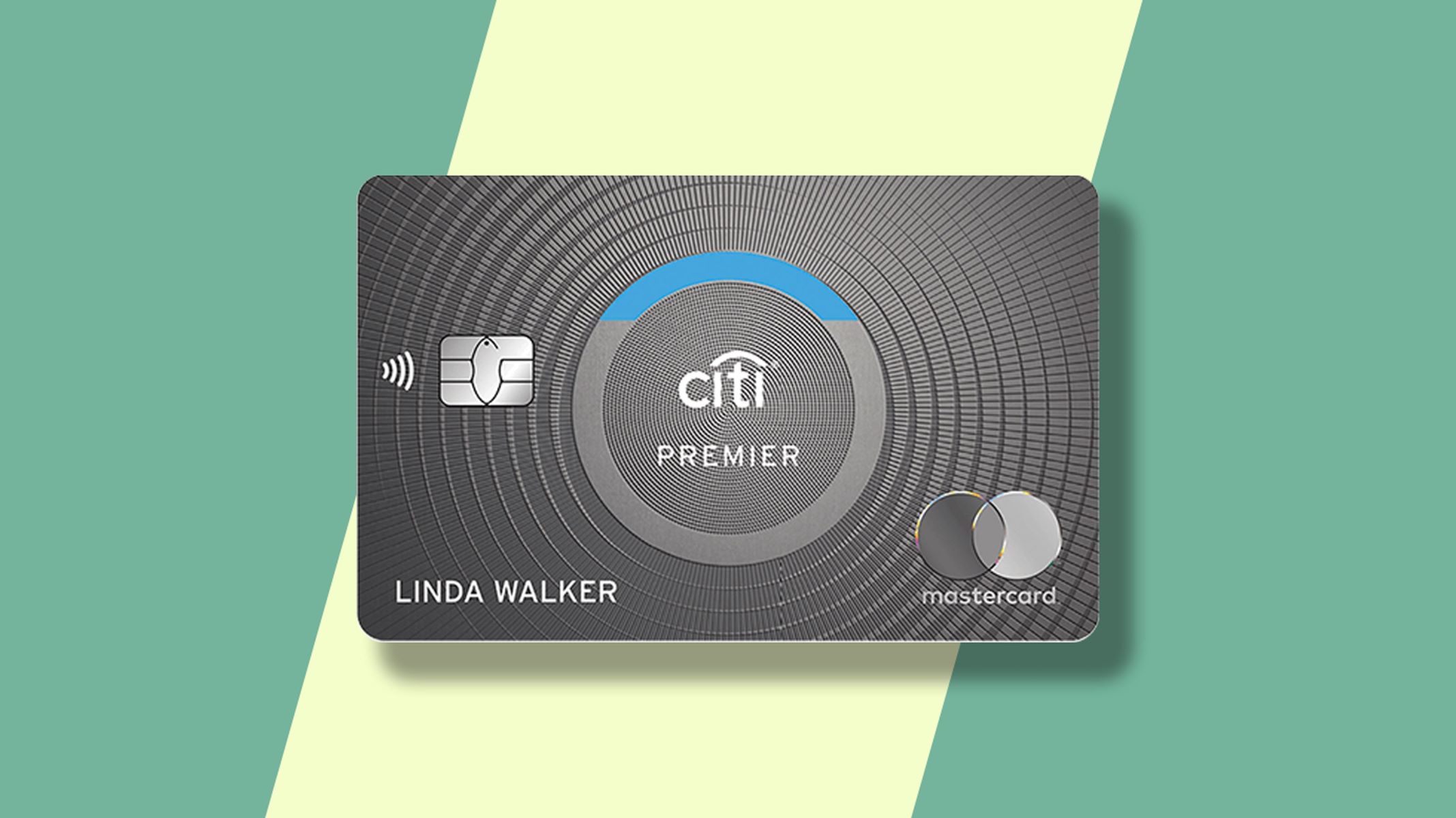Home>Finance>When Do I Cancel My Car Insurance After Selling
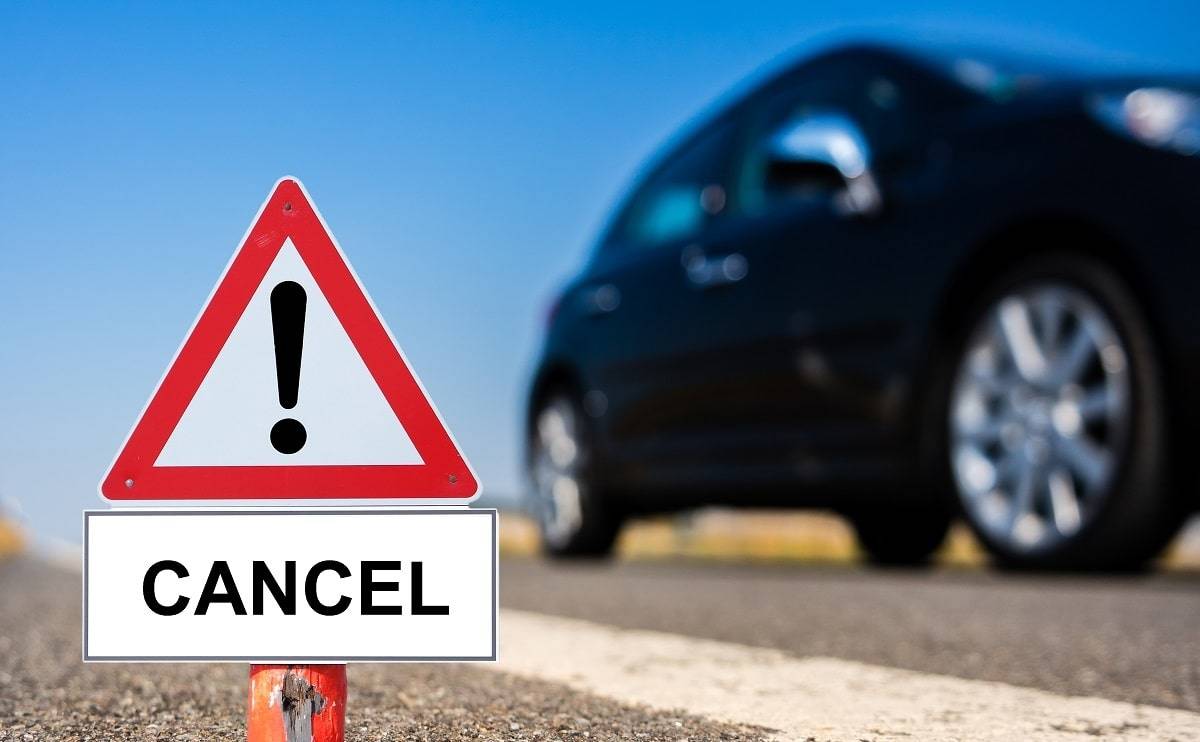

Finance
When Do I Cancel My Car Insurance After Selling
Published: November 21, 2023
Learn when to cancel your car insurance after selling your vehicle and how it can affect your finances. Get expert advice on managing your insurance coverage.
(Many of the links in this article redirect to a specific reviewed product. Your purchase of these products through affiliate links helps to generate commission for LiveWell, at no extra cost. Learn more)
Table of Contents
Introduction
Car insurance is a vital component of vehicle ownership, providing financial protection in the event of accidents, theft, or damage to your car. However, there comes a time when you need to say goodbye to your beloved vehicle. Whether you are upgrading to a newer model, downsizing, or simply no longer need a car, selling your vehicle is a common scenario that many people find themselves in. But what should you do with your car insurance once you’ve sold your vehicle?
In this article, we will explore the considerations and best practices for canceling your car insurance after selling your car. We will discuss the importance of understanding car insurance policies, the factors to consider when selling your car, and the optimal timing for canceling your insurance. Additionally, we will provide insights into how to cancel your car insurance effectively and explore alternatives to cancellation.
Understanding the process of canceling your car insurance after selling your vehicle is essential to avoid unnecessary expenses and ensure you are still adequately covered throughout the selling process. So, let’s dive in and explore the world of car insurance and how it relates to selling your car.
Understanding Car Insurance Policies
Before delving into the intricacies of canceling car insurance after selling your vehicle, it is essential to have a solid understanding of car insurance policies. Car insurance is a contract between you and an insurance provider, wherein you pay a premium in exchange for coverage in case of accidents, damage, or theft involving your vehicle.
Car insurance policies typically consist of several components, including:
- Liability Coverage: This type of coverage pays for damages to other people’s property or injuries they sustain in an accident where you are at fault.
- Collision Coverage: Collision coverage will provide compensation for damages to your own vehicle in the event of an accident.
- Comprehensive Coverage: Comprehensive coverage protects against non-collision related incidents such as theft, vandalism, or natural disasters.
- Personal Injury Protection (PIP): PIP covers medical expenses, lost wages, and other related costs for you and your passengers in case of an accident, regardless of fault.
- Uninsured/Underinsured Motorist Coverage: This coverage protects you if you are involved in an accident with a driver who doesn’t have insurance or doesn’t have enough insurance to cover your damages.
It is important to review the terms and conditions of your car insurance policy to understand the coverage and any limitations or exclusions. Policies can vary, so it’s crucial to know what protection you have and how it applies in different situations.
Furthermore, certain car insurance policies may have cancellation clauses or penalties for terminating the policy before its expiration date. It is vital to be aware of any potential costs or consequences before canceling your car insurance.
Now that we have a basic understanding of car insurance policies, let’s move on to the next section, where we discuss what to consider when selling your car.
Selling Your Car: Things to Consider
Selling your car is a significant decision that involves several considerations. Before moving forward with the sale, it is essential to address the following factors:
- Market Value: Assessing the market value of your car is crucial to determine a fair asking price. Conduct research on similar makes, models, and conditions to get an idea of how much your car is worth.
- Selling Platform: Decide on the platform you will use to sell your car. Options include online marketplaces, classified ads, or trading it in at a dealership.
- Documentation: Gather all the necessary paperwork related to your car, such as the title, registration, maintenance records, and warranty information. Having these documents readily available will make the selling process smoother.
- Vehicle Inspection: It’s a good idea to have your car inspected by a mechanic before listing it for sale. This will ensure that potential buyers have confidence in the vehicle’s condition.
- Cleaning and Minor Repairs: A clean and well-maintained car is more likely to attract potential buyers. Consider investing some time and effort into cleaning the vehicle thoroughly and addressing any minor repairs or cosmetic flaws.
- Negotiation and Transfer: Be prepared to negotiate with potential buyers and handle the transfer of ownership seamlessly. Familiarize yourself with the necessary steps and requirements for transferring the car’s title and registration.
By taking these considerations into account, you can increase the likelihood of a successful sale and ensure a smooth transition once your car finds a new owner.
Next, we will discuss the optimal timing for canceling your car insurance after selling your vehicle.
Timing Your Car Insurance Cancellation
When it comes to canceling your car insurance after selling your vehicle, timing is key. Canceling your insurance too soon or too late can result in unnecessary expenses or gaps in coverage. Here are some factors to consider when determining the optimal time to cancel your car insurance:
- Sale Completion: Wait until the sale of your car is finalized before canceling your insurance. This ensures that you are covered in case of any mishaps or delays during the transfer of ownership.
- State Requirements: Familiarize yourself with your state’s specific car insurance requirements and regulations. Some states may require you to maintain insurance coverage until the title is officially transferred to the new owner.
- Insurance Premium Refunds: Check with your insurance provider regarding any potential refunds for unused premiums. Depending on your policy, you may be eligible for a partial refund if you cancel mid-term.
- Alternative Coverage: If you are replacing your sold vehicle with a new one, it may be more convenient and cost-effective to transfer your existing car insurance policy to the new vehicle instead of canceling it outright.
- Coverage for Test Drives: If you allow potential buyers to test drive your car, ensure that your insurance covers them as temporary drivers. This will protect you from liability if an accident occurs during the test drive.
While the exact timing for canceling your car insurance may vary based on these factors, it is generally recommended to initiate the cancellation process as soon as the sale is finalized and all necessary paperwork is completed. This ensures that you are not paying for coverage you no longer need.
In the next section, we will discuss the steps involved in canceling your car insurance after selling your vehicle.
Cancelling Your Car Insurance
Once you have sold your car and determined the appropriate timing for cancellation, it’s time to take the necessary steps to cancel your car insurance policy. Here’s a general guide on how to cancel your car insurance effectively:
- Contact Your Insurance Provider: Start by reaching out to your insurance provider either by phone, email, or through their online portal. Inform them of your decision to cancel the policy and provide the necessary details, such as your policy number and the effective cancellation date.
- Provide Required Documentation: Your insurance company may require specific documents to process the cancellation. This may include a copy of the bill of sale or proof of vehicle transfer to the new owner.
- Confirm Cancellation Date: Make sure to clarify the date on which the cancellation will take effect. It is usually the same day you contact your insurance provider, but it’s essential to confirm this.
- Resolve Any Outstanding Balance: Check if there are any outstanding balances on your account and settle them before canceling your car insurance. Not doing so may affect your credit history or make it difficult to obtain insurance in the future.
- Obtain Confirmation: Request a written confirmation of the cancellation from your insurance provider. This will serve as proof that the policy has been canceled, which you may need for future reference or potential disputes.
Remember, canceling your car insurance does not absolve you from any past liabilities or obligations. If an incident occurred while your policy was active, it will still be covered according to the terms and conditions of your insurance contract.
It’s worth noting that canceling your car insurance policy may have an impact on your insurance history and rates in the future. Maintaining a continuous insurance history can often lead to lower premiums in the long run. If you plan to purchase another vehicle or obtain insurance in the future, consider discussing your options with your insurance provider to explore alternatives to cancellation.
In the next section, we will explore some alternatives to canceling car insurance entirely.
Alternatives to Cancelling Car Insurance
While canceling your car insurance may seem like the logical step after selling your vehicle, there are alternative options to consider. These alternatives can help maintain continuous coverage and potentially save you money in the long run. Here are a few alternatives to canceling car insurance:
- Policy Transfer: If you plan to replace your sold vehicle with a new one, you may be able to transfer your existing car insurance policy to the new vehicle. Contact your insurance provider to discuss the process and any necessary adjustments to the coverage.
- Suspended Coverage: Some insurance providers offer the option to suspend your coverage temporarily. This is especially useful if you plan to purchase another vehicle within a specific timeframe. Suspending your coverage can help maintain your insurance history and prevent potential premium increases when you reinstate the policy.
- Non-Owners Insurance: If you no longer own a vehicle but still occasionally drive or rent cars, you may want to consider non-owners insurance. This type of policy provides liability coverage when you are driving a vehicle that you don’t own.
- Bundling Policies: If you have other insurance policies, such as homeowners or renters insurance, consider bundling them with your car insurance. Many insurance providers offer discounts for bundling policies, which can help offset the cost of keeping your car insurance policy active.
- Change Coverage Levels: If you plan to be without a vehicle for an extended period, you may choose to adjust your coverage levels. For example, you can decrease your liability coverage to meet the state’s minimum requirements while maintaining comprehensive coverage for theft or damage to a rented vehicle.
Each of these alternatives has its own considerations and potential benefits. It is important to discuss your specific situation with your insurance provider to determine the most suitable option for you.
Now that we have explored alternatives to canceling car insurance, let’s conclude our discussion on canceling car insurance after selling your vehicle.
Conclusion
Selling your car is an exciting and often necessary step in life. However, it’s important to consider the implications for your car insurance policy. Understanding the terms and conditions of your insurance policy, timing your cancellation correctly, and exploring alternatives can help ensure a smooth transition and financial protection throughout the process.
When canceling your car insurance after selling your vehicle, remember to wait until the sale is completed, consult your state’s requirements, and consider any potential premium refunds. Additionally, transferring your policy to a new vehicle or exploring alternatives like suspending coverage or non-owners insurance can help maintain continuous coverage and potentially save you money in the long run.
Remember to contact your insurance provider to initiate the cancellation process, provide the necessary documentation, settle any outstanding balances, and obtain written confirmation of the cancellation. This will help ensure a seamless process and protect you from any future disputes.
Selling your car is just one phase of your automotive journey. Whether you plan to purchase another vehicle or stay car-free for a while, taking the time to understand your car insurance options and make informed decisions will help you navigate the road ahead with confidence.
As always, it is advisable to consult with your insurance provider to get personalized guidance tailored to your specific situation. By staying informed and proactive, you can ensure that your car insurance aligns with your changing needs and protect your financial interests throughout the process of selling your vehicle.





